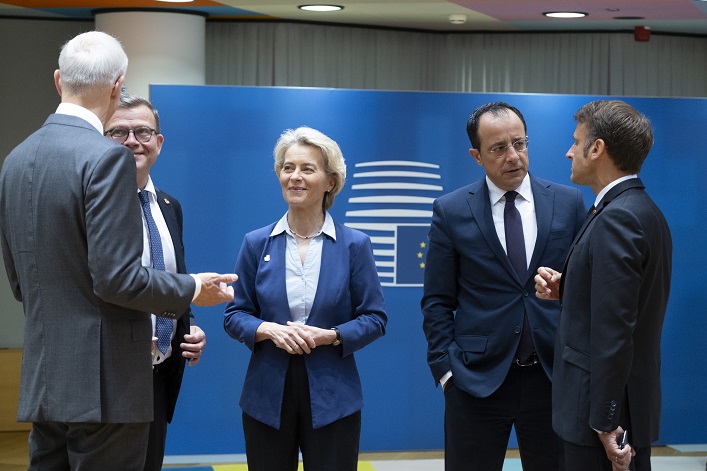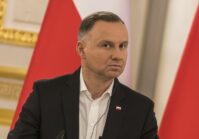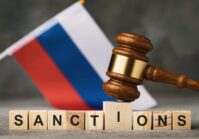The cost of Ukraine’s accession to the EU provokes discussions within the bloc.


The European Union considers its enlargement as a security tool, but the protests from Polish farmers show that the economic dimension is part of the political process in the EU. There were fears that EU enlargement would put some of its countries and citizens at an economic disadvantage. After all, the EU spends a large part of the budget on regional development and agriculture. At the same time, poorer member states receive more money from Brussels than they pay into the general treasury.
If Ukraine joins the EU, it would simultaneously become the largest producer of agricultural products and the heaviest burden on the EU budget. Ukraine will add 41 million hectares to the 157 million hectares of arable land currently cultivated by European farmers.
According to the European Council, accepting all of the current candidates would cost the EU €256B, while Ukraine alone would receive €186B over seven years, not including recovery costs. For individual states, this would mean unwanted competition. Warsaw may lose its role as one of the most competitive producers of food products in the EU.







